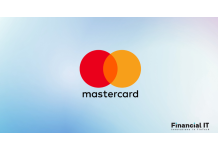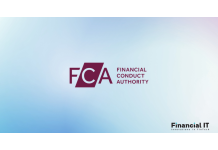Phuket Smart Bus Launches Tap & Go Contactless...
- 21.01.2026 11:05 am
Airwallex Acquires Paynuri to Unlock Global...
- 21.01.2026 08:50 am
Acquired.com Partners With Visa To Unlock Transparent...
- 21.01.2026 08:35 am
TrueLayer And Stripe Power Pay by Bank Payments in...
- 21.01.2026 08:35 am
2026 Outlook: 7 Ways Accelerating Transaction Disputes...
- 21.01.2026 08:35 am
Giftcards.com Expands Access To Digital Gift Cards...
- 21.01.2026 08:25 am
TreviPay Launches Pay By Invoice For Issuers Enabled...
- 20.01.2026 01:35 pm
Regulators Give Clarity in Relation To Open Banking...
- 20.01.2026 12:45 pm
dLocal Partners with HONOR To Launch Localized...
- 20.01.2026 09:45 am
Capital.com Partners With Duco To Automate Payment...
- 20.01.2026 09:00 am
Merchant Rentals Signs Strategic Partnership With EIT...
- 20.01.2026 08:45 am
Revolut To Enable Frictionless Checkout Across All...
- 19.01.2026 12:25 pm






















